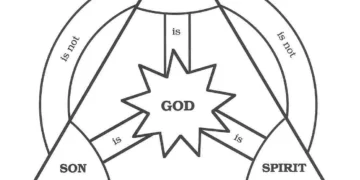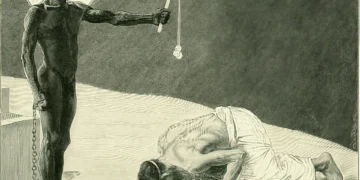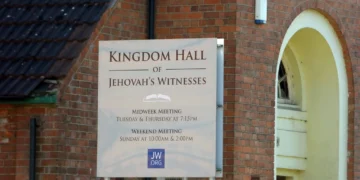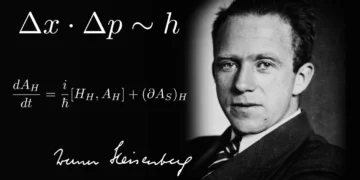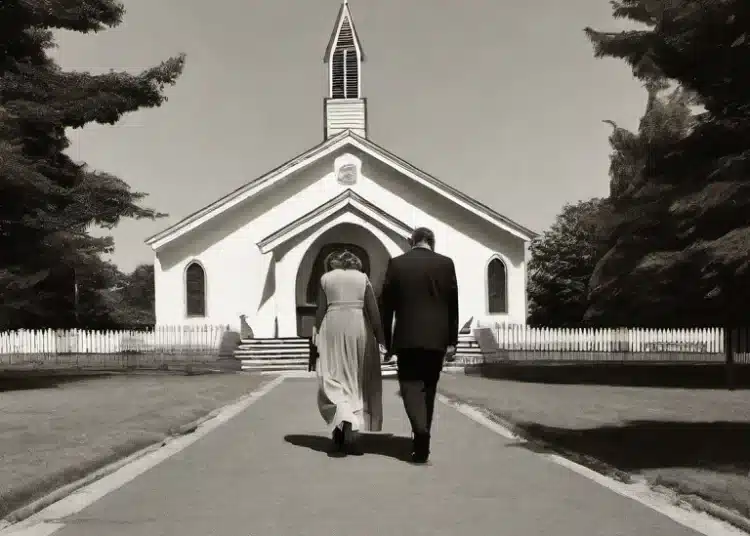Over the past few decades, the United States has undergone significant cultural and religious changes, leading some to label it a “post-Christian nation”. This label reflects a shift away from traditional Christianity and towards a more secular society. As the country becomes increasingly diverse and technology and science continue to advance, the influence of religion on American society seems to be fading.
The term “post-Christian” does not necessarily mean that the US is without any religious beliefs or practices. In fact, a majority of Americans still identify as Christian, but the way in which they practice their faith has changed. Traditional religious institutions and churches have seen a decline in attendance and involvement, while non-traditional and non-denominational forms of spirituality, as well as the rise of atheism, have become more prevalent.
One of the primary indicators of this shift towards being called a post-christian nation can be seen in the decline of organized religion. According to a study by the Pew Research Center, the number of Americans who identify as religiously unaffiliated has risen by 17% in the past decade. This group, often referred to as “nones”, includes those who identify as atheists, agnostics, or simply having no religious affiliation. This trend is particularly prominent among young people, with nearly four in ten Americans under 30 identifying as religiously unaffiliated.
The influence of Christianity on American politics and government has also declined in recent years. While the country was founded on certain Christian values, there has been a separation of church and state since the establishment of the Constitution. However, throughout the 20th century, religion played a significant role in shaping political discourse. Today, with the rise of social media and the 24-hour news cycle, there is a focus on more secular issues such as economy, healthcare, and immigration, rather than religious ones.
The changing landscape of American society has also contributed to the decline of traditional Christianity. The population has become more diverse, with a significant increase in immigration from non-Christian majority countries, leading to a more pluralistic and tolerant attitude towards different religions and beliefs. Additionally, advancements in technology and science have challenged traditional religious beliefs, causing many to question the role of religion in their lives.
Of course, there are still many Americans who hold onto their faith and continue to practice traditional Christianity. However, these individuals are now a minority in a rapidly changing society. As the US becomes more diverse and secular, the influence of religion, and specifically Christianity, is likely to continue to decline.
The term “post-Christian” may sound alarming to some, but it is simply a reflection of the changing landscape of American society. While religion will likely always be a part of the country’s cultural fabric, its influence and dominance are no longer what they once were. As the US continues to evolve, it is important to recognize and embrace these changes, and create an inclusive society that respects and celebrates all forms of belief.













